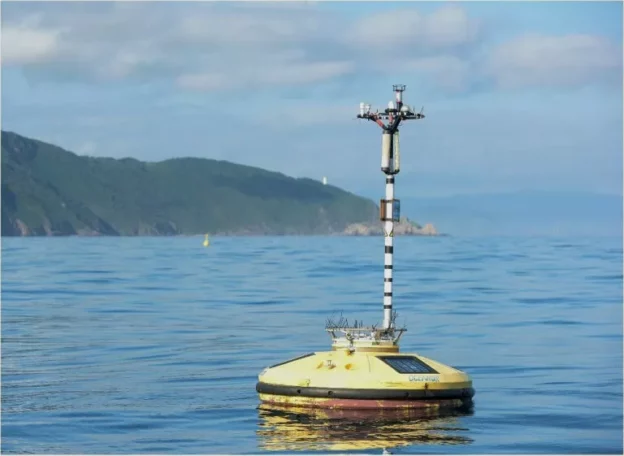The SafeWAVE Project, which seeks to optimize the assessment of the environmental effects of wave energy, has received an extension until June of this year, the European Union announced. This extension, announced on March 20, aims to deepen the research and use of marine renewable energies, particularly those derived from wave power in the Atlantic region.
SafeWAVE Project Objective
The main goal of this project is to improve understanding of the potential environmental impacts and risks associated with wave energy generation. To this end, it is dedicated to the collection, processing, analysis and exchange of environmental information related to the operation of devices in marine environments and to the study of the cumulative impacts that could result from large-scale deployments in the future.
Composed of a consortium led by AZTI, the SafeWAVE project brings together a multidisciplinary team of collaborators. This team includes technology developers (such as BiMEP, Wello, CorPower Ocean and GEPS Techno), consultants and researchers (including WavEC, CTN, AZTI, RTSYS, UCC and Ecole Centrale) and data management specialists (Hidromod).
As a continuation of the WESE project, which concluded in 2021, SafeWAVE has the ambitious goal of developing a public participation and education strategy. This initiative seeks to work hand in hand with the coastal communities of France, Ireland, Portugal and Spain to promote awareness and commitment to marine renewable energies.
Since its launch in February 2021, the project has already begun to generate important environmental data, such as those obtained from the solar energy hybrid solar-wave hybrid and wave hybrid WAVEGEM from GEPS Techno, which has been at the SEM-REV test site in France since July 2021.
The potential of wave energy as a renewable source is vast, but its exploration and exploitation represent significant challenges, especially in terms of environmental impact and community acceptance. The extension of the SafeWAVE project not only underscores the importance of addressing these challenges, but also highlights the EU’s commitment to sustainable innovation.
Likewise, the results and strategies developed by SafeWAVE could lay the groundwork for a new era in renewable energy generation, one that harmonizes society’s energy needs with the preservation of the marine environment and the well-being of coastal communities.
Don’t miss any of our posts and follow us on social media!
Inspenet.com YouTube LinkedIn Facebook Instagram X
Source and photo: offshore-energy.biz

